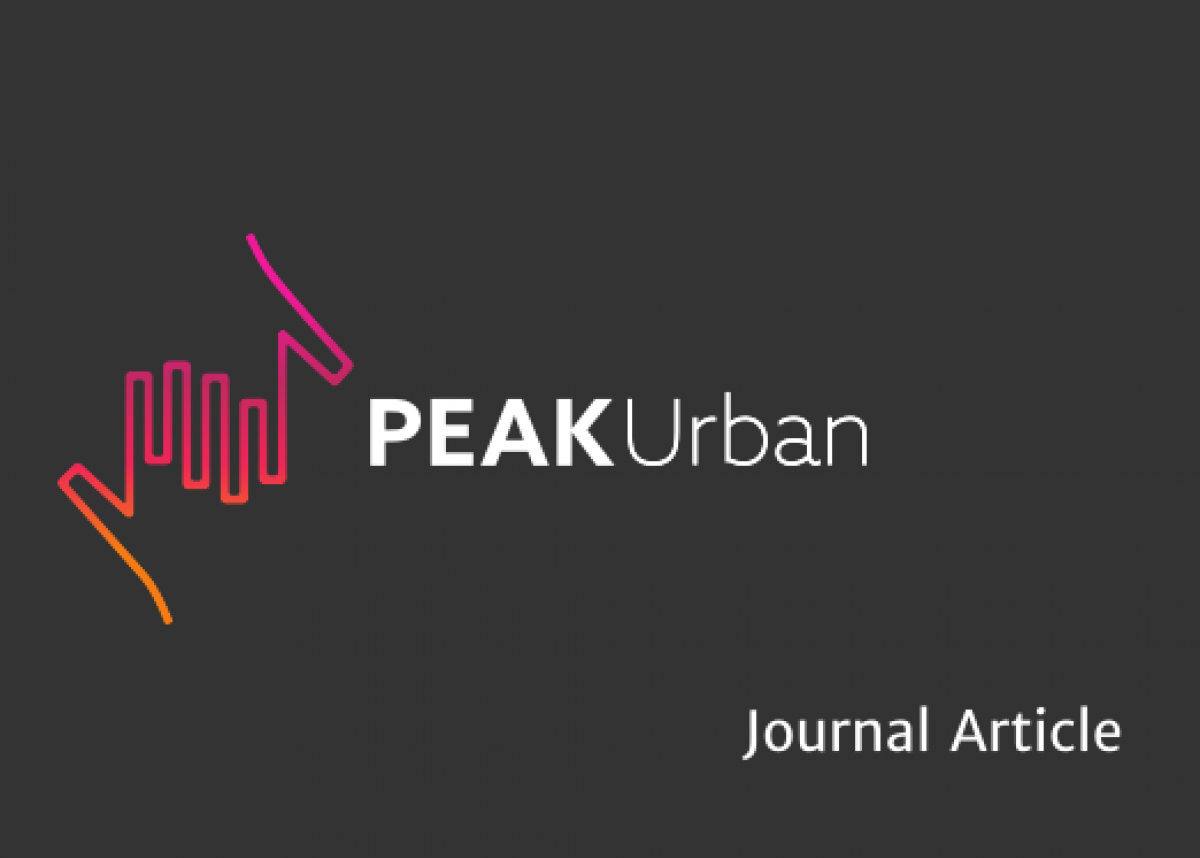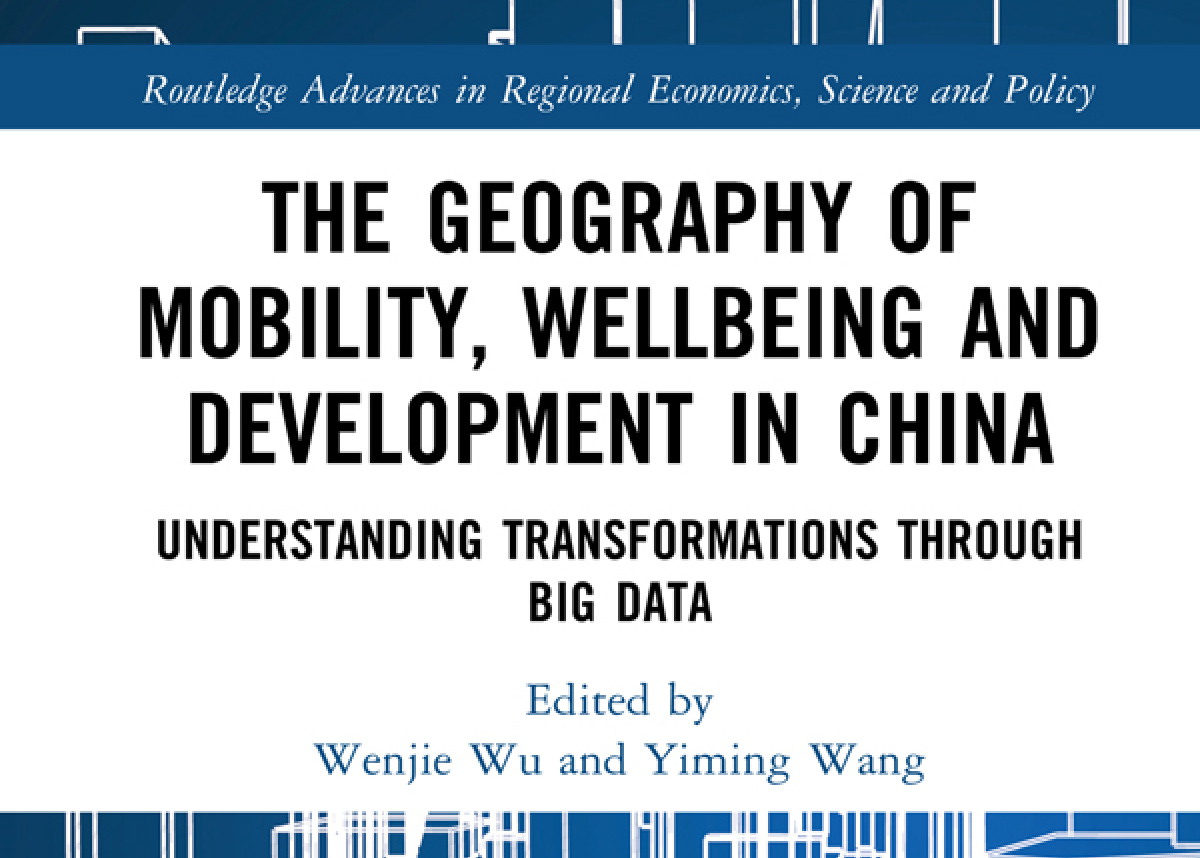
Growing socio-spatial inequality in neo-liberal times? Comparing Beijing and London
Growing socio-spatial inequality has become one of the topics that most excites social, economic and urban geographers most recently. Contrary to the general expectation, this paper finds a failure of this growth in inequality to be more applicable globally.
Although escalated in London, socio-spatial inequality became less acute in Beijing over the same 2000–2010 period. This failure of replicability challenges our traditional understanding of the causes of the problem, as the two commonly accused shifts, one towards service economy and the other towards neoliberalism, are both evident in both cities.
What makes the two cities different is the recent speed of change. The fast-developing Beijing has compressed de-agriculturalisation, de-industrialisation and tertiarisation into a just few decades, which were changes seen within London successively over many more decades. Beijing's current explosive urban expansion was seen by London around a century ago. Hence the link between growing socio-spatial inequality and the shifts towards service economy and neoliberalism is not universal but depends on a fully-industrialised, slow-changing urban condition. This is a condition that is not ubiquitous but is largely restricted to now economically slowing down Western societies.
These results highlight not only how important is the speed of change in theorising socio-spatial inequality, but also how great is the potential of a wider set of urban comparisons in advancing a more global research agenda.





